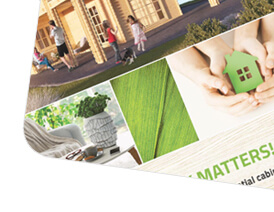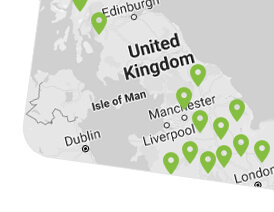We may not always think about our impact on the environment. But the truth is that anything we do affects our surroundings. Gardening may look like a great way to preserve the environment; after all, it is all about being at peace with nature. However, that is not the case, any gardening you do, whether outside or in garden cabins, will affect the environment. That is why green gardening has become so crucial over the years. As people seek to conserve resources and preserve this world for future generations, here are some tips they have adopted:
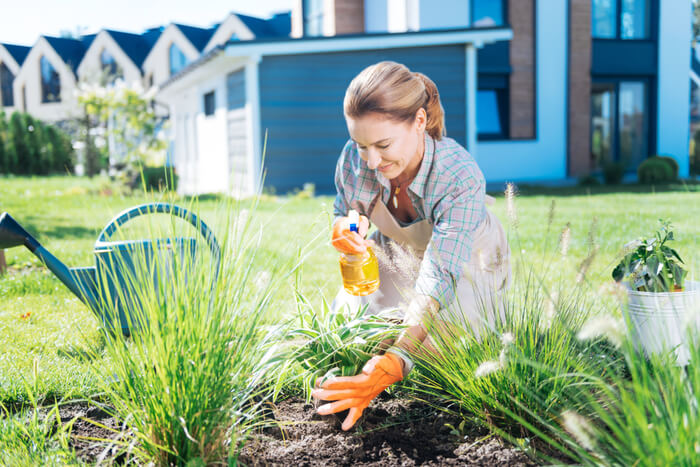
Embrace Simplicity
As you start gardening, the joy of being around so many beautiful plants can overwhelm you. It is common for beginners to go all out and have all sorts of plants in their gardens. The downside to this is that they require a lot of care. And when you neglect them, you end up with a mess. If you are new to this concept, start small and grow from there. Over time, you will learn a lot, which can help you achieve that large garden which you envision. Plus, it helps you enjoy gardening. When you have a lot to deal with, the stress can get to you, leaving you frustrated.
Get Your Hands Dirty
Machines have made our lives easier. But think about it. How does using an electric or gas-powered tool help the environment? It does not. Thus, opt to work with your hands. Whether you are trimming the grass or harvesting your produce, do it by hand. It will take longer, but it will help you get a better understanding of your garden.
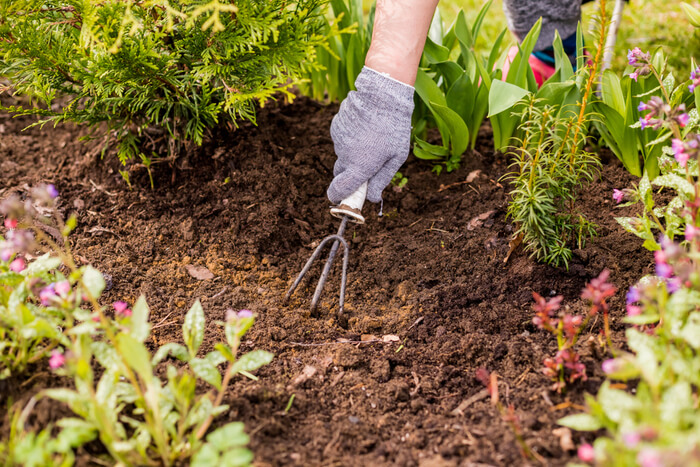
Steer Clear Of Plastics
When getting inputs for your garden, stick to environmentally-friendly options. You would be surprised as to how many gardening practices are not in line with environmental conservation. One such method would be the packaging of plants. You find that most people place them in plastic bags, which, when disposed of, are a menace. Seeds are a good option for anyone trying to avoid collecting plastic bags. But it may not always be the best alternative, especially when dealing with plants which take longer to mature. Where you insist on getting plants, be on the lookout for sellers who recycle plastic. This way, you will have made a significant impact on the environment. It will thank you one day. And if not you, the generations to come.
Engage The Community
You could embrace green gardening, only for your efforts to be futile. It can happen where your neighbour uses chemicals to treat their plants. While they may not join you on this journey, they can make your quest easier. For example, they could spray their plants on calm days to prevent the spread of the chemicals. Simple things such as these will go a long way in preserving the environment. And when they see how beautiful your crops are, they too might adopt green gardening.
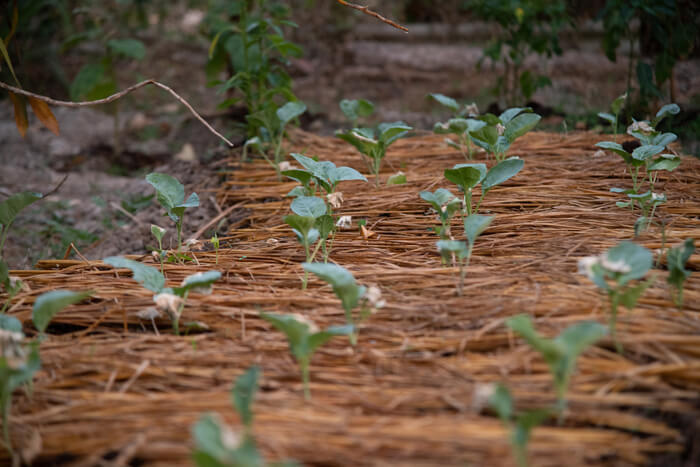
Go Native
Yes, you may have a particular plant in mind which you cannot wait to sow in your garden. But the question is, ‘can your earth support its growth?’ You see, when you get a plant that is not suited to your climate, you use a lot of time and energy to get it to maturity. You will need tons of water, fertilizers, pesticides, and other inputs to coax it to grow. In doing this, you will be taking away from the environment and damaging the earth and surrounding plants. Instead of going through this hassle and posing a threat to your surroundings, get a native plant. You can find out what would work for your area by visiting the local nursery. A local plant would thrive in both garden sheds and exposed conditions.
Choose Veggies
Now, this should be a matter of preference. But for someone who is not after a particular plant, this would be a good route to follow. Most veggies are resistant to diseases and pests. In this way, you would not have to reach for pesticides and herbicides every so often. Good examples would be summer squash and lettuce. On this note, check with local nurseries to see how well these plants would do before embarking on planting them.
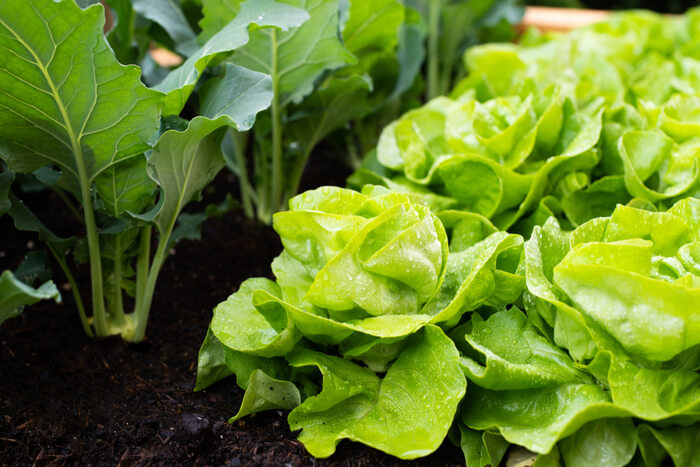
Use Alternative Irrigation Methods
People rely on rain when gardening and this works, but only for a limited time. When the dark clouds disappear, and the sun comes out, gardeners head to their taps with hoses, which they use for irrigation. But you could avoid all this by installing gutters and directing rainwater to the garden. You could also store this water and save it for the warm months when rain is scarce. By having an irrigation system in place, seldom will you have to wait for the rains to provide your plants with their basic needs.
Enrich Your Soil
You do not have to rely on implements to get your land to be productive. A few steps in the right direction are all you need. Compost with yard waste can make a pretty good base for any plants that you wish to grow. For this, you can use old plants, grass cuttings, straw, and other such materials. It takes about six weeks for compost to be ready for use; it could take longer, depending on the prevailing conditions at the time. If you are in a hurry, you could get prepared compost. Good compost should have little or no leaves left in it. The essence of this is to ensure that it has adequate nutrients so that it can feed to your plants. Work the compost into the patch of land where you intend to have the plants, and the results should impress you.
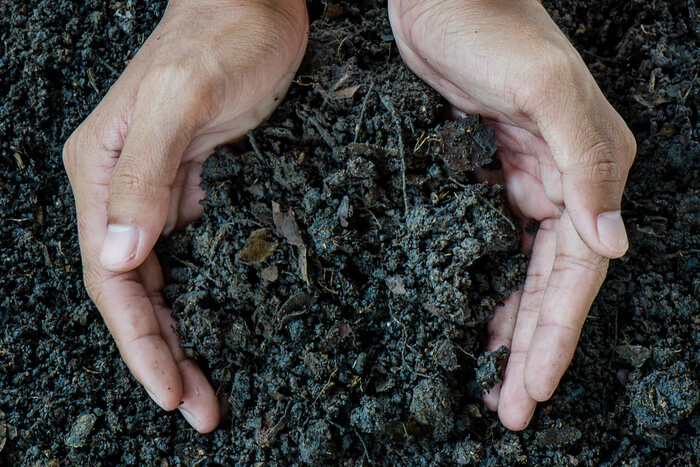
It also helps to protect your soil from the loss of moisture through evaporation. You can use a layer of mulch on each plant to do this. Mulch decomposes over time, adding to the nutrients available in the soil. Also, it fights the growth of weeds and reduces the need for frequent watering.
Space your Plants
If you come across a garden full of flowers, herbs, and veggies, you might feel the urge to fill your land with the same. The downside to doing this in a small space is that you will rob your plants of adequate spacing. When this happens, the plants grow weak stems and are unable to fight off pests. Plus, their production reduces. If you want tons of plants, work on the spacing, and maybe incorporate pots into the garden.
What else can you do to conserve the environment?






